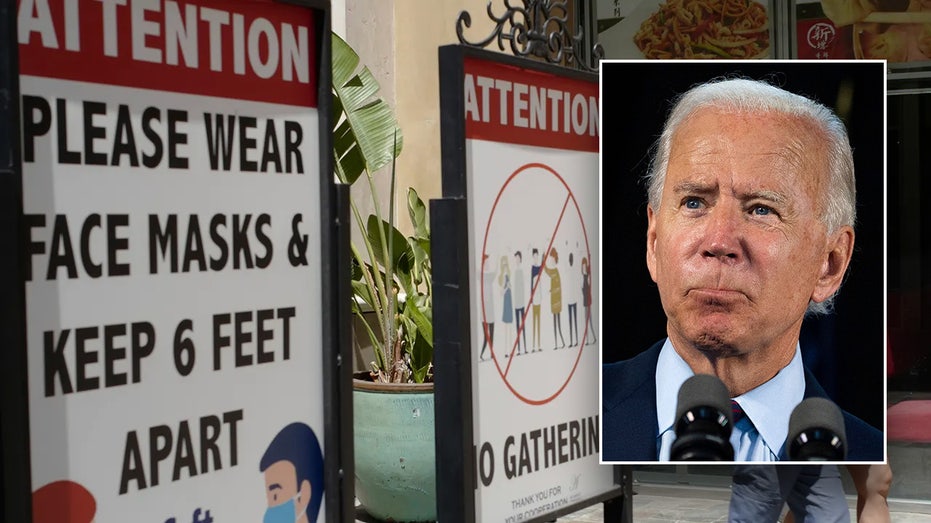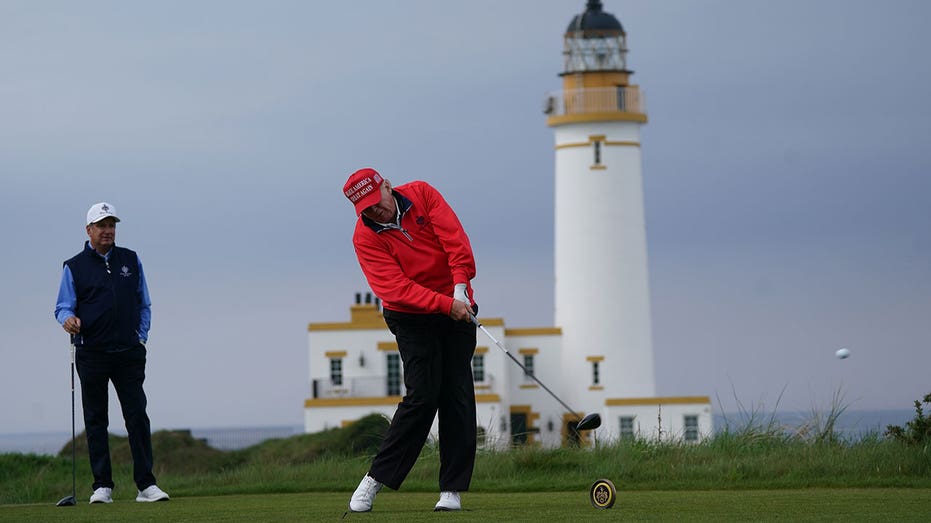Lawmakers Push to Tackle 2 Million Alleged COVID Relief Fraud Cases Tied to SBA

Sarah Johnson
April 2, 2025
Brief
Bipartisan lawmakers introduce the SBA Fraud Enforcement Extension Act to pursue 2 million likely fraudulent pandemic aid cases, aiming to extend prosecution timelines and boost accountability.
EXCLUSIVE: A bipartisan push is underway to address the alarming figure of 2 million "likely fraudulent" pandemic aid applications flagged in a recent government report. The chairs of the Small Business Committees in both the Senate and the House have unveiled a legislative plan to pursue these alleged fraudsters who may have exploited COVID-19 relief programs.
Leading the charge are Senator Joni Ernst of Iowa and Representative Roger Williams of Texas, both Republicans, who are introducing the SBA Fraud Enforcement Extension Act. This proposed legislation aims to extend the statute of limitations to 10 years for fraud linked to the Shuttered Venue Operators Grant (SVOG) and the Restaurant Revitalization Fund. These programs, rolled out in 2020, were lifelines for small businesses struggling during the pandemic.
According to Ernst, "Thousands of hardworking small businesses were deprived of desperately needed relief because swindlers, gang members, and felons drained the programs. Every single con artist who stole from taxpayers will be held accountable." Harsh words, but considering the alleged misuse, she might be onto something.
The legislation follows findings from the Government Accountability Office (GAO), which reported that the Biden-era Small Business Administration (SBA) signed or guaranteed over $1 trillion in loans to more than 10 million small businesses during the pandemic. Despite implementing a four-step fraud prevention process, the SBA reportedly fumbled, as their inspector general couldn't fully investigate two-thirds of flagged cases due to incomplete or inaccurate information.
The GAO had recommended improvements, but as of now, those suggestions remain "open" with no recorded action. To make matters worse, the fraud prevention measures were not fully implemented until after more than half of the aid programs' funding had already been distributed. It’s like locking the barn door after the horse has bolted.
Ernst pointed to her home state of Iowa, where 1,800 restaurants that qualified for aid never received it. Meanwhile, in Texas, Williams noted that while federal aid saved tens of thousands of restaurants, many others were left scrambling as funds dried up. The Texas Restaurant Association reported that 12,000 restaurants were at risk of shutting their doors by 2022.
Adding a layer of public outrage, reports surfaced that some Hollywood celebrities had received SVOG funds, spending them on private jets and lavish parties. This revelation feels like salt in the wound for small business owners who genuinely needed the aid.
Representative Williams emphasized the need for accountability, stating, "It is imperative that every fraudster who stole and exploited taxpayer dollars during our nation’s utmost hour of need be prosecuted to the full extent of the law." He added that as the five-year anniversary of the first COVID lockdowns approaches, extending the ability to pursue fraudsters is crucial.
The SBA, in response to the GAO's findings, stated that Administrator Kelly Loeffler has already taken steps to bolster fraud prevention efforts. According to SBA spokesperson Caitlin O’Dea, "The SBA fully supports all efforts to crack down on fraud within its loan programs – in stark contrast to the last administration, which failed to investigate or address more than $200 billion in estimated pandemic-era fraud."
While lawmakers and the SBA exchange barbs over who did a worse job, small businesses and taxpayers are left wondering when justice will truly be served. After all, the clock is ticking on holding these alleged fraudsters accountable.
Topics
Editor's Comments
This whole situation feels like a tragic comedy. On one side, you have small businesses struggling to survive, and on the other, fraudsters and even celebrities allegedly partying on taxpayer dollars. It’s like a bad reality show that nobody wanted to watch. Extending the statute of limitations is a step in the right direction, but let’s just hope it doesn’t take another five years to see actual results.
Like this article? Share it with your friends!
If you find this article interesting, feel free to share it with your friends!
Thank you for your support! Sharing is the greatest encouragement for us.



